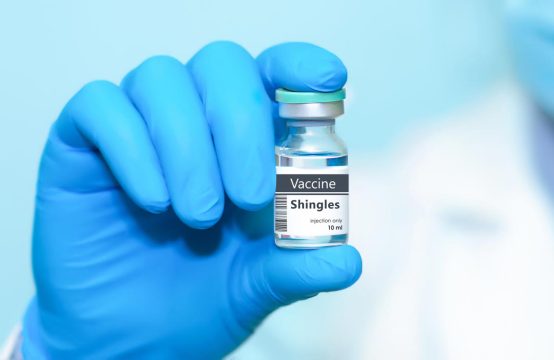Advertisment
Marijuana use appears to improve blood glucose control

by Peter Mas Mollinedo – Investigators report that current marijuana users have achieved significantly lower fasting insulin, and are less likely than non-users to be insulin resistant, even after excluding patients with diagnosed type 2 diabetes. Their findings are published in the May 15 issue of The American Journal of Medicine.
“Previous epidemiologic studies have found lower prevalence rates of obesity and diabetes mellitus in marijuana users compared to people who have never used marijuana, suggesting a relationship between cannabinoids and peripheral metabolic processes, but ours is the first study to investigate the relationship between marijuana use and fasting insulin, glucose, and insulin resistance,” said lead investigator Murray A. Mittleman, MD, DrPH, of the Cardiovascular Epidemiology Research Unit at the Beth Israel Deaconess Medical Center, Boston.
“It is possible that the inverse association in fasting insulin levels and insulin resistance seen among current marijuana users could be in part due to changes in usage patterns among those with a diagnosis of diabetes (i.e., those with diabetes may have been told to cease smoking). However, after we excluded those subjects with a diagnosis of diabetes mellitus, the associations between marijuana use and insulin levels, HOMA-IR, waist circumference, and HDL-C were similar and remained statistically significant,” said Elizabeth Penner, MD, MPH, an author of the study.
The researchers analyzed data from the (USA) National Health and Nutrition Survey (NHANES), undertaken between 2005 and 2010, using data from 4,657 subjects who completed a drug use questionnaire. Of these, 579 were current marijuana users, 1,975 had used marijuana in the past but were not current users, and 2,103 had never inhaled or ingested marijuana.
Data for fasting insulin and glucose came from blood samples following a nine hour fast. The investigators used a homeostasis model assessment of insulin resistance (HOMA-IR) to calculate and evaluate insulin resistance.
They found that subjects reporting marijuana use in the past month had lower levels of fasting insulin and HOMA-IR and higher levels of high-density lipoprotein cholesterol (HDL-C). These associations were weaker among those who had used marijuana at least once, but not in the past thirty days, suggesting that the impact of marijuana use on insulin and insulin resistance appears during periods of recent use.
Notably, current users had 16% lower fasting insulin levels than subjects who reported that they had never used marijuana.
In a related commentary, AJM Editor-in-Chief Joseph S. Alpert, MD, Professor of Medicine at the University of Arizona College of Medicine, Tucson, said, “These are indeed remarkable observations that are supported, as the authors note, by basic science experiments that came to similar conclusions…. We desperately need a great deal more basic and clinical research into the short- and long-term effects of marijuana in a variety of clinical settings such as cancer, diabetes, and frailty of the elderly…. I would like to call on the NIH and the DEA to collaborate in developing policies to implement solid scientific investigations that would lead to information assisting physicians in the proper use and prescription of THC in its synthetic or herbal form.”
The authors noted that a synthetic form of its active ingredient, tetrahydrocannabinol, commonly known as THC, has already been approved in the United States to treat side-effects of chemotherapy, AIDS-induced anorexia, nausea, and other medical conditions.





